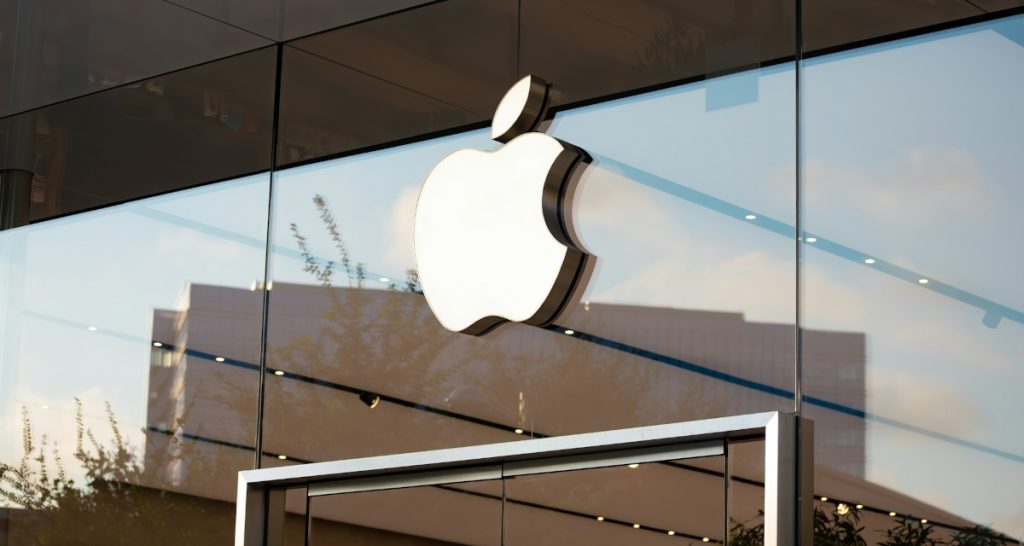
Apple is officially facing allegations of Digital Markets Act violations in the EU, where a new investigation is moving forward against the App Store developer. Photo Credit: Trac Vu
It turns out a nearly $2 billion fine wasn’t the end of Apple’s EU regulatory woes, as the tech giant is now being accused of violating the Digital Markets Act (DMA).
The EU’s European Commission unveiled fresh charges against Apple today, close to four months after the iPhone maker was ordered to pay $1.93 billion for allegedly “abusing its dominant position on the market for the distribution of music streaming apps.”
Apple is still appealing the sizable penalty, and reports have for months pointed to additional investigations into the company’s business practices.
Returning to today’s DMA charges, Apple – along with Alphabet, Amazon, ByteDance, Meta, and Microsoft – was named a “gatekeeper” under the voluminous law back in September of 2023. In the interest of brevity, that classification and its formal announcement gave the Apple Music owner and the other so-called gatekeepers “six months to ensure full compliance with the DMA obligations.”
This timetable laid the groundwork for revamped EU developer terms from Apple, which revealed the changes in January. These changes include a flat €0.50-per-install fee, on top of the existing reduced fees for downloads, for “iOS apps distributed from the App Store and/or an alternative app marketplace” once they crack one million annual first-time installs.
Chief among the affected developers is, of course, the longtime App Store critic Spotify, which promptly called for Commission action against Apple.
“Will the European Commission follow through with its intent to right-size Apple’s abuse of power?” Spotify raged at the time. “Or will the DMA be nice in theory, but in practice, have no substantive meaning for most developers?”
Five months later, the Commission, having kicked off a probe in March, has apparently selected the former path. And in many ways, its newest claims against Apple read like a summary of Spotify head Daniel Ek’s longstanding criticism.
Apple, the Commission maintained today, fuels bolstered App Store revenue by preventing “app developers from freely steering consumers to alternative channels” for purchases. As described by the EU executive arm, developers are unable to “provide pricing information within the app or communicate in any other way” about non-App Store options.
The current “link-out” workaround, through which developers place an in-app link to a webpage where one can complete a purchase, is allegedly inhibited by “several restrictions imposed by Apple” – with the result being an alleged inability to facilitate direct communications with consumers.
Lastly, in terms of the latest EU allegations against Apple, the fees it charges for facilitating through the App Store “the initial acquisition of a new customer by developers” allegedly “go beyond what is strictly necessary for such remuneration.”
“For example,” the Commission elaborated, “Apple charges developers a fee for every purchase of digital goods or services a user makes within seven days after a link-out from the app.”
As to how the situation proceeds, Apple will now have the chance to defend itself against the “preliminary findings,” which, if “ultimately confirmed,” would set the stage for “a non-compliance decision.”
And that decision, the Commission relayed, will arrive by March 25th, 2025, or one year after the underlying investigation initiated. While this, the aforementioned appeal, and other components yet play out in the EU, Apple will have to grapple with a different investigation as well; the Commission today disclosed a DMA inquiry concerning three additional elements.
Included in the just-detailed probe are looks at the DMA compliance of the previously noted per-install charge, the “multi-step user journey to download and install alternative app stores or apps on iPhones,” and the developer eligibility requirements for alternative distribution, the Commission communicated.

